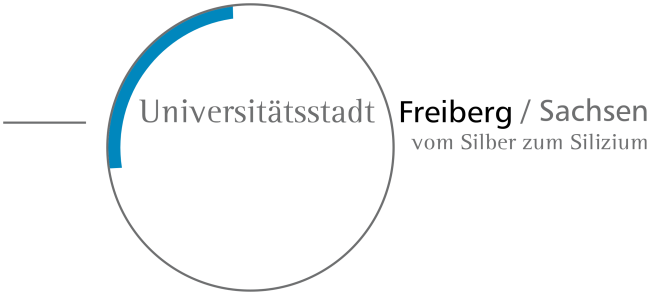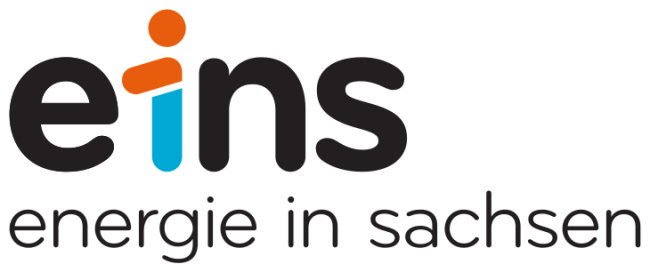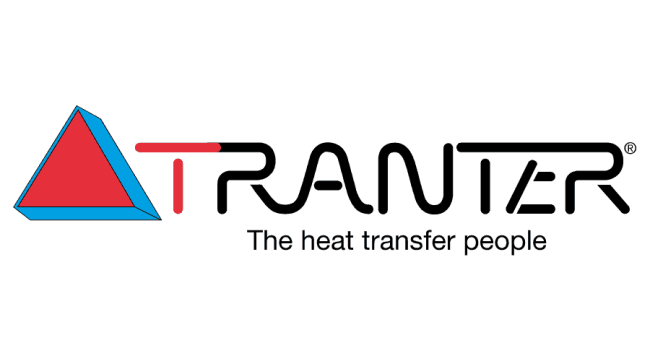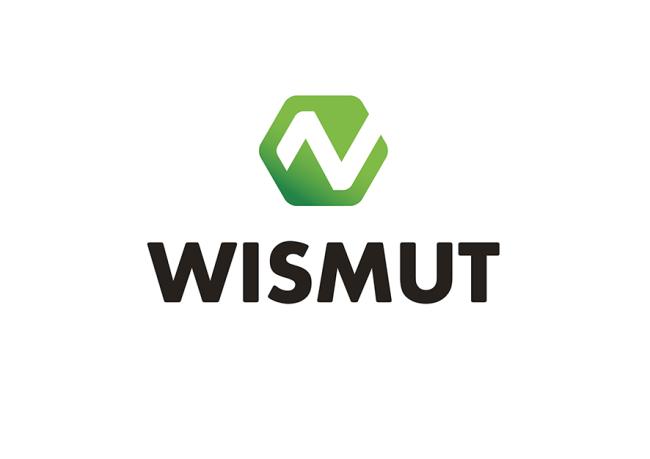Climate-neutral and cross-sectoral heating and cooling supply of buildings with mine water geothermal energy as an innovative energy source for neighbourhoods in the Ore Mountains mining region as a model region

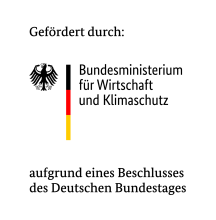
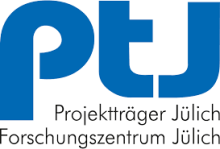
| Project manager | Project manager | Project duration |
|---|---|---|
| Prof. Dr.-Ing. Tobias Fieback Dr.-Ing. Thomas Grab | M.Sc. Tom Ebel | 1 October 2022 to 30 September 2025 |
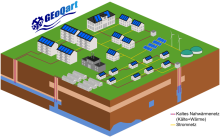
About the project
Background
In order to achieve the climate targets of the Federal Republic of Germany, a comprehensive decarbonisation of the heating and cooling supply will be essential in the coming years. As part of the GEoQart project, this problem is being addressed and neighbourhood concepts with building heating and cooling using mine water geothermal energy (and other renewable energy sources) are being developed. The result is an analysis tool with which the potential for mine water geothermal energy can be recorded and presented independently of the location, and the optimum neighbourhood concept can be derived for the respective study location. The energy from mine water is used as a central, innovative, base load-capable and renewable energy source for cooling and heating. The aftercare measures in the old mine can be used directly and positively to transform the cost-intensive task of perpetuity into an opportunity to supply buildings with renewable energy. The focus is also on analysing the practical implementation in order to be able to make a direct contribution to the envisaged climate targets in the building sector. Potential plant operators and investors can then use the tool to analyse possible mine water locations with little effort and derive the optimal district concepts. In order to promote the more intensive use of mine water geothermal potential in Germany and facilitate the application of the tool developed in the project, two workshops and a specialist conference will also be organised as part of the project.
Main areas of work
- Determination of the factors influencing the underground energy potential
- Analysis and determination of the quantities of energy demanded above ground
- Interpretation and ranking of the results and selection of suitable model locations
- Development of site-specific, technologically feasible neighbourhood supply concepts with sector coupling
- Economic assessment of the implementation concepts in the selected model neighbourhoods
- National and international exploitation - acquisition of further sites outside the model region
- Public relations work and scientific documentation
Project partners involved
The GEoQart project is being coordinated and worked on by the Chair of Technical Thermodynamics at TU Bergakademie Freiberg and DBI Gas- und Umwelttechnik GmbH. The project consortium will be supported by associated partners for the entire duration of the project.




